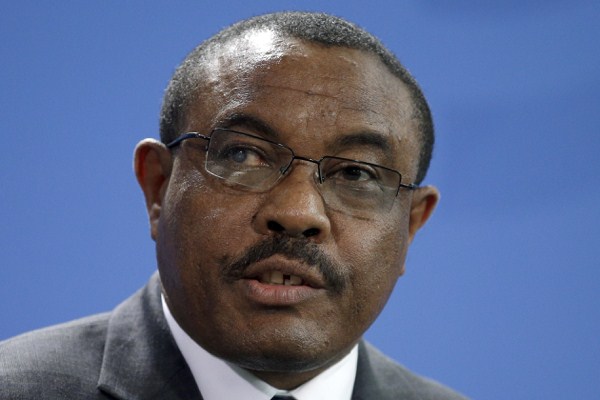There are few political posters to be found on the streets of Ethiopia’s capital, Addis Ababa, ahead of Sunday’s general elections. Print media coverage is remarkably cryptic. The few debates held on TV have been derided by some Ethiopians as boring and even embarrassing for the opposition, which today is weaker and more divided than it has ever been. Election results seem like a forgone conclusion, with good reason. In 2010, the longtime ruling party, the Ethiopian People’s Revolutionary Democratic Front (EPRDF), won 546 out of 547 seats in Parliament. The country’s political context has not changed in the five year since, and an equally one-sided victory may be in store.
Despite its political dominance, or perhaps because of it, the EPRDF has lost its zeal and is becoming increasingly authoritarian and listless since the death of its charismatic leader, former Prime Minister Meles Zenawi, in 2012. Sunday’s election is the fifth since the first national elections in 1992, in a country theoretically committed to a democratic and decentralized state crafted around “ethnic federalism,” a progressive constitution and a commitment to human rights. Today reality differs markedly from those ideals championed in the early 1990s.
Nevertheless, Ethiopia is getting rich. Economic growth has reached 10 percent of GDP, with 8 percent growth forecast through 2019. The economic miracle is based largely on foreign direct investment and an exceptionally high public investment rate. Roads, railways, dams, glass-facade buildings and factories proliferate even in peripheral regions of the country. But this boom has introduced a host of problems, including the consolidation of wealth, corruption, nepotism among EPRDF party members and friends, heightened expectations—seldom realized—for the young and educated, and income inequality that only highlights Ethiopia’s systemic poverty.

